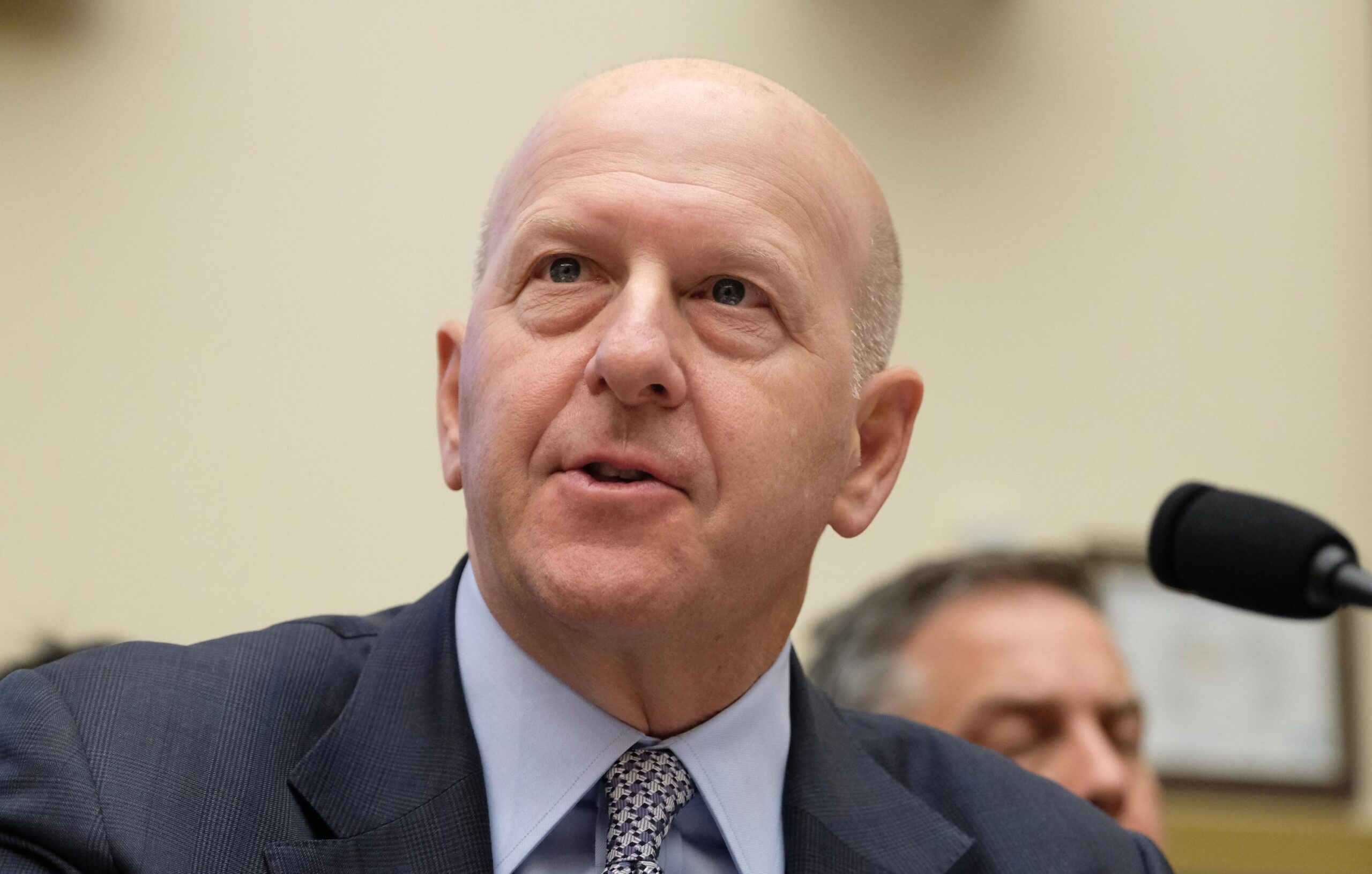Goldman Sachs CEO David Solomon predicted that the US economy will not enter a recession and that the Federal Reserve (Fed) will not take urgent steps to reduce borrowing costs. In an interview with The David Rubenstein Show, Solomon stated, “I don’t think we’ll see anything before September. The economy will progress slowly, and we probably won’t see a recession.”
Markets Expect Rate Cuts
Investors increased their bets that policymakers would act before the September meeting due to global stock market declines and weaker-than-expected US employment data released on Friday.

However, derivative markets on Monday reflected a 60% chance of a rate cut within a week. Current expectations are that the Fed will not cut rates before the September meeting. However, a half-point cut is expected at the end of the two-day meeting.
Bank of Japan’s Decision and Market Reactions
Solomon noted that the Bank of Japan’s decision last week to increase the country’s borrowing costs shook the markets. This move disrupted investors‘ strategies of borrowing at low rates in Japan and investing in higher-yielding assets elsewhere. According to JPMorgan Chase & Co. strategists, this unwinding process will continue as the yen remains undervalued.
Solomon mentioned that many investors expected a soft landing for the US economy, but these forecasts were reassessed after last week’s employment data. Solomon commented, “It wasn’t a terrible job report. It was just softer than people expected.”
Recession Probabilities and Fed’s Messages
Solomon had previously noted that the market was overly optimistic about the pace of rate cuts and even suggested in May that the Fed might not make any cuts this year. However, he has softened this view. Goldman economists increased the probability of a US recession next year from 15% to 25%.
The 62-year-old Solomon stated that the market has repositioned itself with new economic data and revised expectations from central banks, and these fluctuations will be felt for some time. Solomon commented on yesterday’s sharp movements, “I think the markets experienced a correction after a strong run, and this could be healthy. I expect to see more volatility in the short term. This was quite a significant and meaningful correction.”

 Türkçe
Türkçe Español
Español









